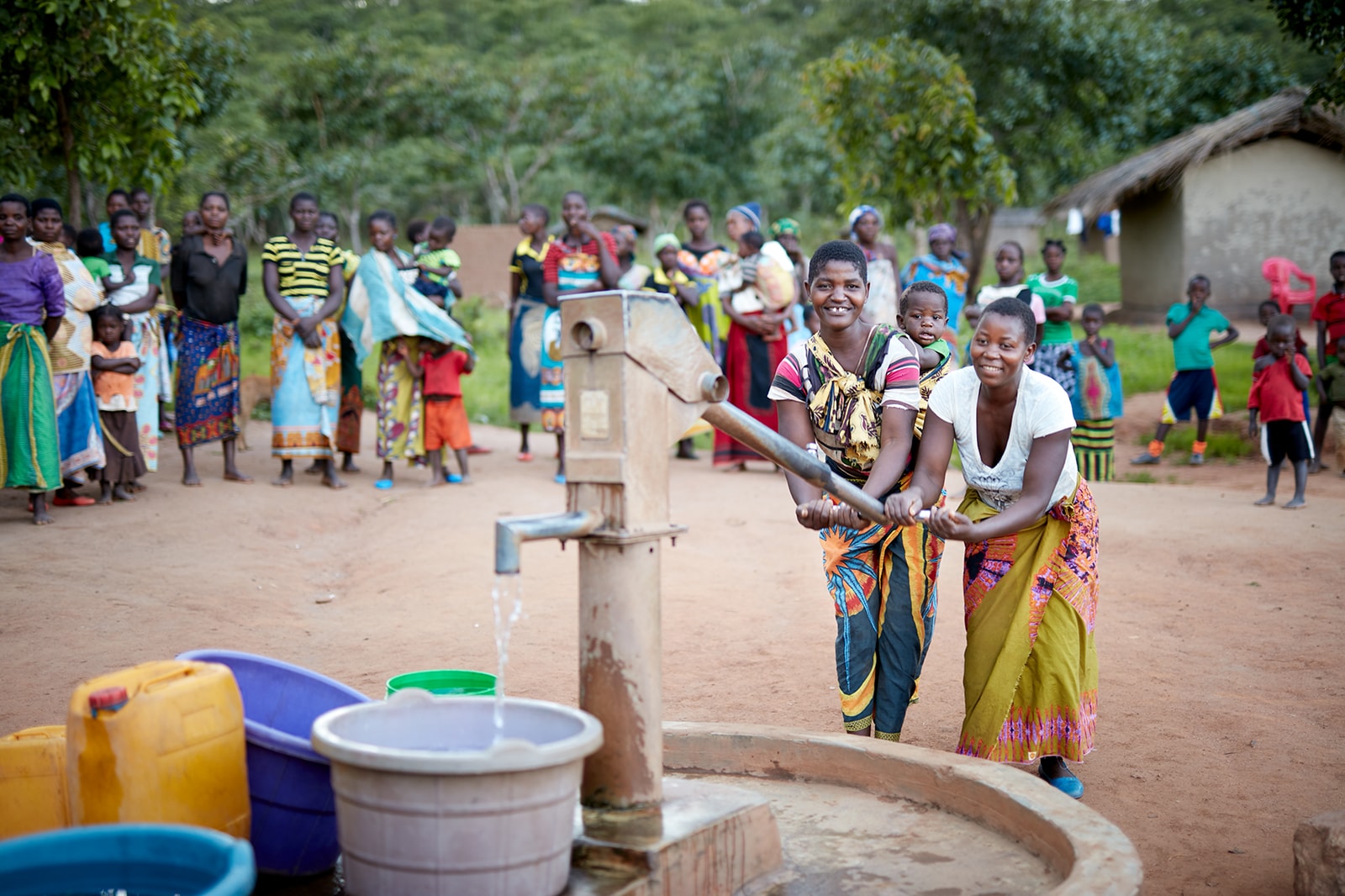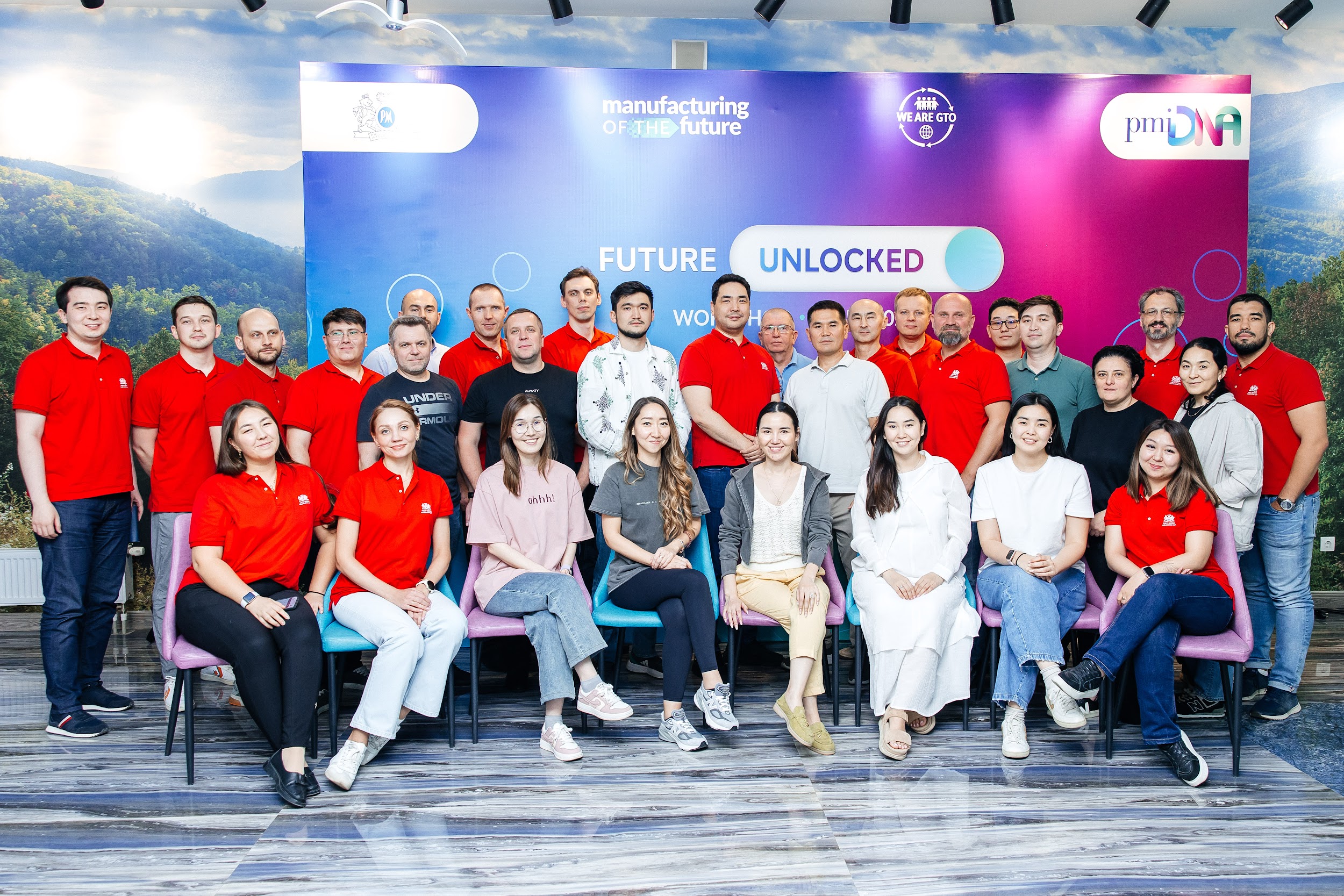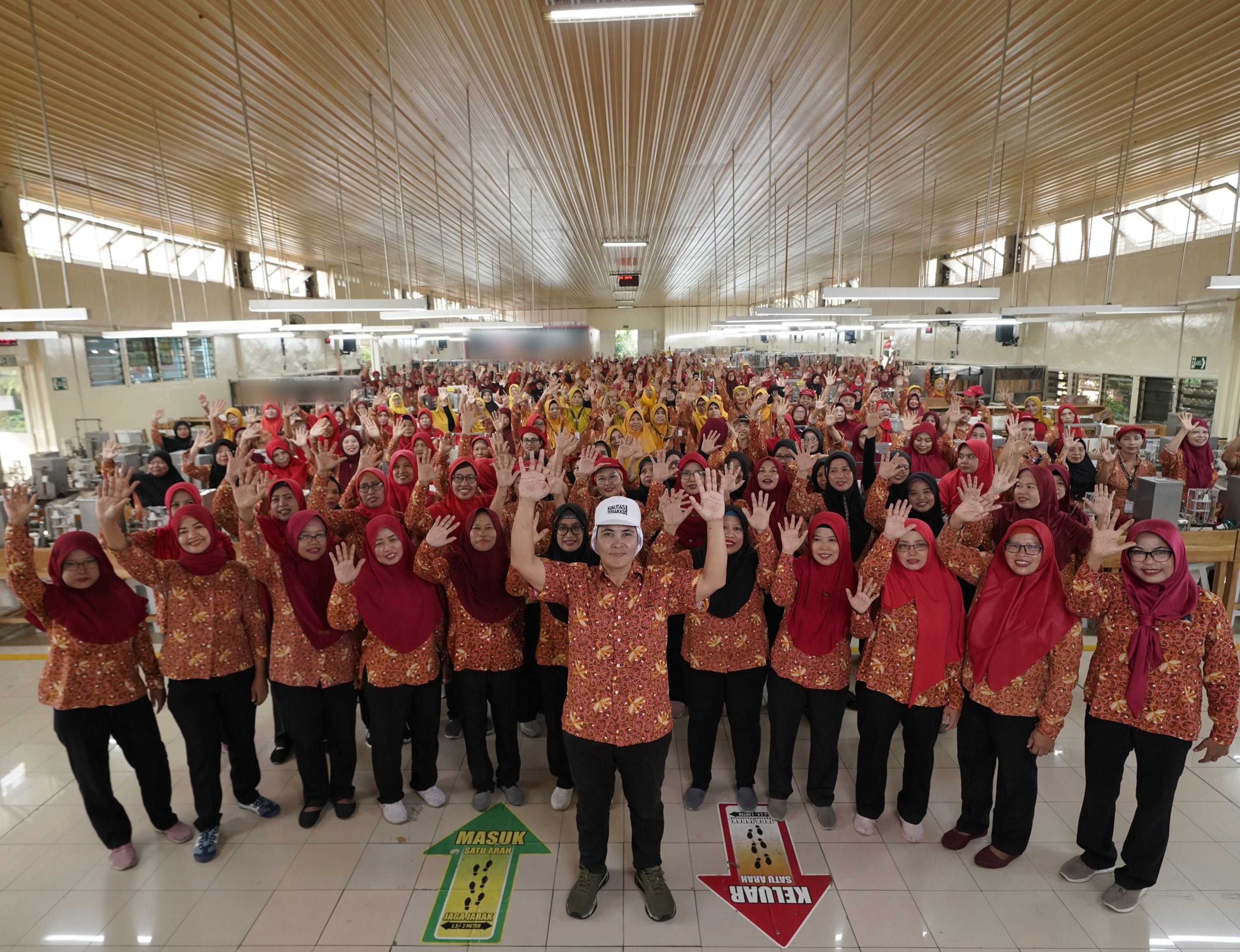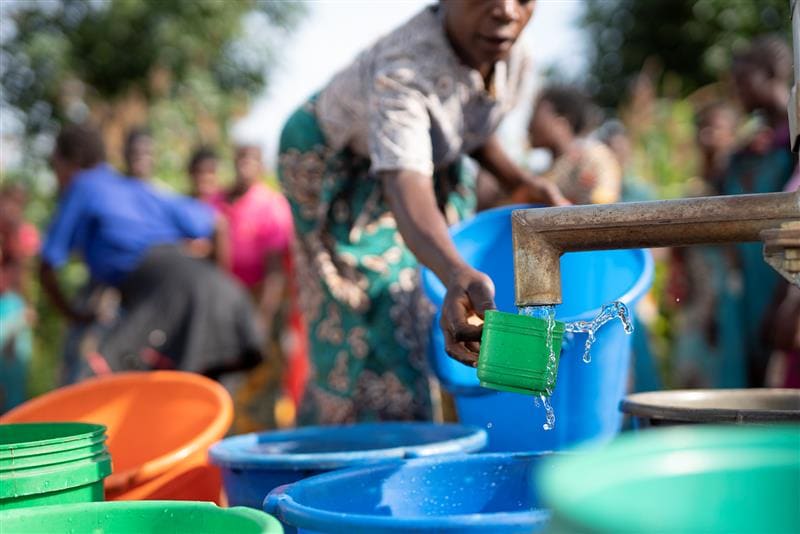On the ground in Mozambique
Our commitment to human rights is important for addressing potential issues within our supply chain. We conduct human rights impact assessments (HRIA) and collaborate with our suppliers to identify and mitigate risks, seeking to ensure that our sourcing footprint does not contribute to adverse human rights impacts. This proactive approach helps us maintain a responsible and ethical supply chain. Further, fostering fair labor practices and promoting a positive impact on local communities enables us to strengthen the resilience and sustainability of our business model.
2020-2024: a story of progress
In 2020, we conducted a human rights impact assessment (HRIA) in Mozambique in collaboration with an industry peer company, our common leaf supplier, and the human rights and business consultancy twentyfifty. The assessment focused on human rights risks and impacts resulting from our supply chain activities in the country, so that we could identify and address potential gaps related to the various programs and processes already implemented by our leaf supplier1. The 2020 HRIA highlighted a need to take further steps to prevent and address child labor, to introduce enhanced smallholder farmer training, to empower women, and strengthen the supplier’s living income approach at local level (read more details in this case study). To address these issues, we worked with our supplier to improve access to education and school feeding programs, revise training materials to include financial literacy, ensure that the farmers have written agreements with their workers and these are verified by our supplier, and collaborate with our supplier to improve and refine programs to increase yields and income through crop diversification and irrigation systems.
In 2024, in close collaboration with the same entities, we carried out a follow-up HRIA and used the results of the previous assessment as a baseline to:
- monitor the effectiveness of measures and programs put in place since 2020;
- foster a shared understanding of persistent or new human rights risks and issues;
- re-calibrate – or develop – a common response to these challenges.
Our third-party leaf supplier’s engagement was vital to this process as it provided a strong understanding of the social, economic and political realities of the operating content. The supplier also facilitated introductions to key stakeholders, ensuring open dialogue and supporting the triangulation of findings. twentyfifty has praised the supplier’s strong collaboration throughout the assessment, as well as their commitment to implementing an action plan to strengthen human rights due diligence going forward.
A people-focused approach
The assessment centered on the perspectives of rightsholders – the people or groups who are directly affected by business activities. They include workers, community members, and other stakeholders whose human rights may be impacted by business operations.
Over two weeks on the ground, the twentyfifty team engaged with 836 rightsholders through interviews, focus group discussions and other informal interactions. They discussed with farmers, their families and communities, as well as community leaders, medical professionals, schoolteachers and representatives of women’s groups. 1-1 interviews were conducted with key stakeholders to understand the unique perspectives of individuals directly affected by or influencing business activities, while focus group discussions gathered multiple members of the same rightsholder group to understand their diverse perspectives. Focus group discussions strengthen research by fostering group interaction to reveal shared experiences, stimulate new ideas and highlight diverse opinions that might not emerge in a one-to-one setting. In addition to this, researchers’ observations of social dynamics and working conditions supported the triangulation of findings from 1-1 interviews and focus group discussions.
During the review of the results, actual and potential human rights impacts identified were prioritized, using the following key steps, guided by the UN Guiding Principles (UNGPs):
- First the business’ relationship to the impact was defined using the Cause, Contribute, Linked or Contextual framework. This UNGPs-derived framework supports businesses to understand their connection to human rights impacts and provides guidance on what they are expected to do in response to those impacts.
- The severity of impacts was then assessed, looking at the scale and scope of each impact on the rightsholder; scale considers the gravity of the impact, while scope assesses how widespread the impact is among the affected group.
- Finally, a workshop was held to support the supplier develop planned actions to address the prioritized impacts and to strengthen human rights due diligence going forward.
Building momentum: our 2024 progress
Rightsholders reported many encouraging developments, indicating positive progress since the 2020 assessment despite ongoing challenges. Our 2024 outcome include the following:
- Supporting children: A school feeding program (Kukula) and after-school activities, benefiting around 8,400 children on average each year since 2022, have contributed to increased school enrolment and attendance. Three schools with these programs reported a 250% increase in enrolment rates, with a further eight schools reporting over 50% increases. The provision of school meals has helped reduce absenteeism for both children and teachers in regions affected by food insecurity, which has worsened due to the impacts of climate change. Moreover, nutritional meals are helping children to become less vulnerable to diseases. Ongoing local engagement and training programs launched to reduce child labor are also yielding positive outcomes.
- Empowering women: In the target communities, where women face a lack of decision-making power, our supplier reported an increase of more than 11% in contracted female tobacco growers since 2020. Also helping to tackle gender inequality,
training on farms since 2020 includes all household members, and addresses women-specific challenges.
Interviewed women mentioned using these independent funds to support their children’s educational needs: “we don’t lack food, the extra cash helps our children with books and pens”. This highlights the importance of women’s financial independence in fostering community resilience. - Improving conditions for farm workers: farm workers now benefit from a written contractual agreement with the farmers, which has led to increased wages and improved working conditions. We continue working towards discouraging subcontracting, which could put farm workers in a precarious situation. Both local and migrant workers expressed satisfaction with their working arrangements such as the provision of formal contracts clearly outlining the terms of their employment. Migrant workers highlighted respectful treatment by farmers and key benefits such as meals, accommodation and healthcare.
- Boosting farmer living income: In 2020, our supplier launched a five-year plan to help farmers increase tobacco yields, supporting them to meet a living income. A uniform definition of living income/wage has been adopted, enabling
a clearer assessment of potential living income/wage gaps. The findings demonstrate that the supplier has made good progress against this action plan: farmers reported that the additional support has resulted in improved tobacco yield and quality,
ultimately increasing their income.
A teacher interviewed by the twentyfifty team said “you can tell the difference between children whose parents are tobacco farmers to those who are non-tobacco farmers. A child whose parents are tobacco farmers dress well, looks clean, and looks healthier.” - Addressing grievances: Since the initial 2020 assessment, our supplier has launched a grievance mechanism and remediation process covering topics such as worker issues and compliance. The supplier will continue to work towards socializing the grievance mechanism through awareness raising and training.
- Community and the environment: Access to water remains a challenge in tobacco growing communities, and since 2020, water availability in Mozambique has been affected by floods and extreme drought. Rightsholders reported a significant
improvement in water access, as the supplier supported the provision of treadle pumps, the drilling of boreholes, and the distribution of water filters and purification tablets. This helped build community resilience to climate change and natural
disasters and improve public health.
A community member told the twentyfifty team “There is a big improvement in availability of water in the area. Access to potable water exists, but the six boreholes in the community are insufficient for the population.” Access to water remains a key focus area for the supplier. A water availability mapping exercise has been conducted that continues to support investments in water provision.
Progress in Mozambique will contribute toward achieving PMI’s 2025 sustainability aspirations. By then, we aim that all tobacco farmers supplying tobacco to PMI will earn a living income, and to eradicate systemic child labor in our tobacco supply chain. The overall learnings from this follow-up HRIA assessment highlights the importance of continuous improvement and the added value of reassessing human rights risks and impacts periodically to ensure that measures and programs are effective. This iterative process helps us to recalibrate our strategies and deepen our understanding of human rights risks and issues.
PMI has also engaged in a follow up industry assessment in Turkey, which examines the progress made with previous suppliers' action plans and initiatives from the 2021 HRIA.




